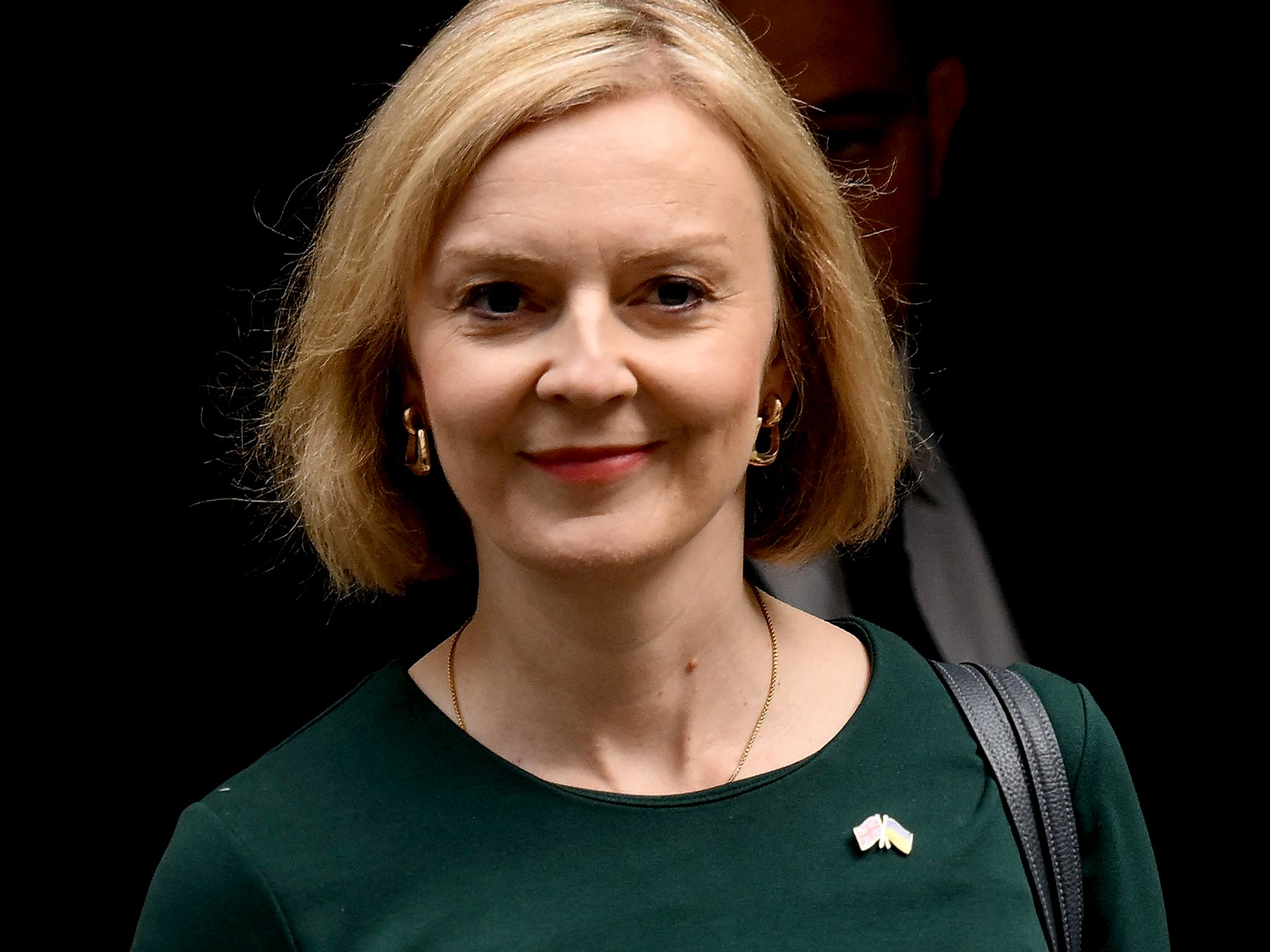Liz Truss trying to distract from ‘rubbish’ leadership by picking on Treasury, says ex-civil service chief
Political decision making ‘very, very poor’ over past 12 years of Tory government, says Lord Turnbull

Liz Truss and her government are attacking the Treasury to distract from “rubbish” leadership on Britain’s economy over the past decade, a former cabinet secretary has claimed.
The prime minister’s decision to oust Sir Tom Scholar as permanent secretary at the Treasury as part of plan to bring in “pro-growth” policy has sparked a huge backlash in Whitehall.
Andrew Turnbull, ex-civil service chief, said it was wrong for Ms Truss to attack Treasury “orthodoxy” on economic growth – pointing out that the Conservatives had been in power for 12 years of low growth.
“What has been the quality of the political leadership we’ve had?” Lord Turnbull told The Times. “It’s been rubbish – very, very poor in its ability to take long-term, strategic decisions.”
Citing lack of clear policy on housebuilding and skills, he said: “The idea it’s Treasury policy that is uniquely behind their problems when there are plenty of other things, not least the inability of government to take unpopular decision, is completely unconvincing.”
Lord Turnbull added: “There’s been a political orthodoxy but I don’t think there is a Treasury orthodoxy.”
It comes as Sir Leigh Lewis, former permanent secretary at the Department for Work and Pensions (DWP), criticised current cabinet secretary Simon Case when it came to the sacking of top Whitehall mandarins.
“He needs also to stand up for the fundamental importance of senior civil servants being appointed on merit, not least in the appointment of Scholar’s successor,” he wrote in a letter to The Times.
Sir Leigh added: “I hope he has the courage and conviction to do so. If not, he needs to make way for someone who has.”
Former cabinet secretaries Lord O’Donnell and Lord Butler have already voiced their dismay at Sir Tom’s removal, meaning that protests have been made by all but one of those who led the civil service between 1988 and 2012.
Lord Wilson – who headed the civil service under Tony Blair – said on Thursday that the sacking was “a sure route to bad decision-making and weak government. It is also another small step on the road to politicising the civil service”.
Fellow ex-civil service chief Lord Kerslake said Sir Tom’s dismissal was “retrograde and worrying” – claiming it marked a “problematic” shift towards ministers installing civil servants who agree with their views.
And Lord Macpherson, who previously held the top role at the Treasury, also condemned the move – saying Sir Tom’s experience would have been “invaluable” during the cost of living crisis. “Sacking him makes no sense.”
In a pointed reference to the energy bills crisis in his exit statement, Sir Tom said he wished his colleagues at the department “all the best for the times ahead”, adding that he would be “cheering on from the side lines”.
Jacob Rees-Mogg, the new business secretary, was accused by the PCS union of being a “bully” over his repeated attacks civil service chiefs over the “rotten culture” of working from home in his previous role as efficiency minister.
It comes as chancellor Kwasi Kwarteng prepares to announce some of the government’s immediate economic moves in a mini-Budget on 23 September.
Mr Kwarteng is expected to spell out for details of the plan to cap annual household energy bills at £2,500, as well as confirming Ms Truss’s plan to reverse the 1.25 per cent National Insurance rise, as well as ditching the planned rise in corporation tax.
But according to The Telegraph, the Treasury will not spell out the total cost of Ms Truss’s energy plan, only giving short-term costs of possibly “a handful of months”.
The new chancellor has also sparked outrage among unions and some MPs after it emerged that he is considering ditching the cap on bankers’ bonuses introduced after the financial crash of 2008.
Join our commenting forum
Join thought-provoking conversations, follow other Independent readers and see their replies
Comments



Bookmark popover
Removed from bookmarks